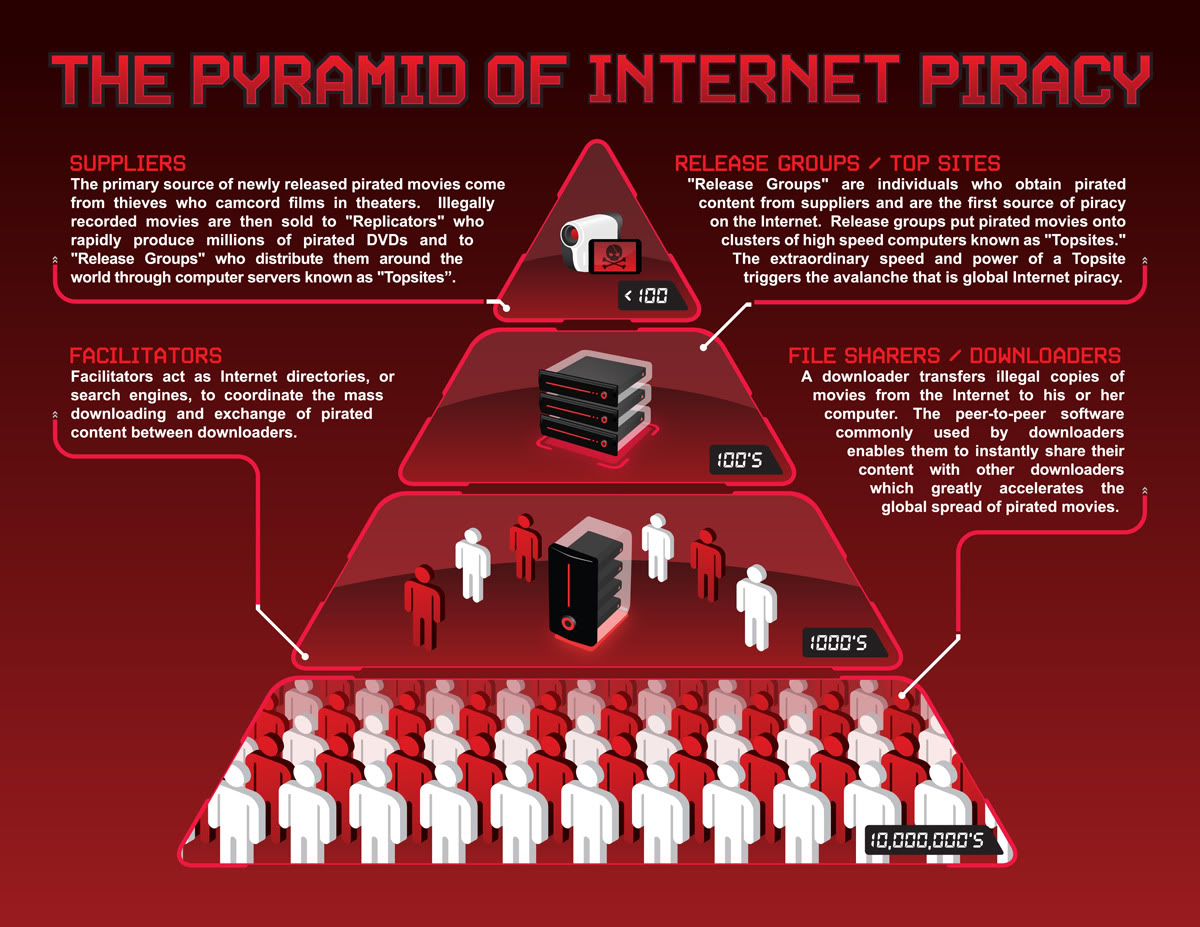When we talk about piracy, it's like stepping into a hidden world where rules are bent, and boundaries are blurred. The term "9 in Kannada" might seem random at first glance, but it opens up a fascinating discussion about how digital piracy has impacted global cultures, including the vibrant Kannada-speaking community. This isn't just about downloading movies for free; it's about understanding the socio-economic factors driving piracy and its long-term consequences. So, buckle up, because we're diving deep into this intriguing topic!
Now, you might be wondering why we're focusing on "9 in Kannada." Well, it's not just a number or a language—it represents a growing concern within the entertainment industry. With the rise of streaming services and digital content consumption, piracy has become more accessible than ever. This article aims to shed light on how piracy affects creators, consumers, and the economy as a whole.
But don't worry, this isn't gonna be some boring lecture. We'll break it down in a way that's easy to digest, with real-life examples and stats that will make you rethink your stance on piracy. Let's get started!
Understanding Piracy: What Does It Really Mean?
Piracy, in its simplest form, is the unauthorized use or reproduction of copyrighted material. Think of it like sneaking into a movie theater without paying—except it's happening online, and it's way more widespread. The digital age has made it incredibly easy for people to access content without compensation to the creators.
For the Kannada-speaking community, piracy often revolves around movies, TV shows, and music. With platforms like torrent sites and unofficial streaming services, accessing pirated content is just a few clicks away. But what drives people to choose piracy over legitimate options? Let's explore that in the next section.
Why Do People Resort to Piracy?
Here are some common reasons why individuals turn to piracy:
- Cost: Legitimate content can be expensive, especially for those in developing regions.
- Accessibility: Not all content is available in every region, prompting people to seek alternatives.
- Convenience: Pirated content is often easier to access than going through official channels.
- Lack of Awareness: Some people don't realize the impact of piracy or believe it's harmless.
These factors create a perfect storm where piracy thrives, particularly in communities like Kannada-speaking regions where entertainment is a significant part of culture.
The Economic Impact of Piracy
So, what's the big deal? Well, piracy doesn't just hurt the big studios; it affects everyone involved in the creative process. From actors and directors to sound engineers and set designers, the ripple effect is massive. Let's look at some numbers to paint a clearer picture:
According to a report by the Motion Picture Association, global losses due to piracy are estimated to reach billions annually. In India alone, the film industry loses a significant portion of its revenue to piracy, impacting job creation and innovation.
For Kannada cinema, which has been gaining popularity both domestically and internationally, piracy poses a real threat. It hampers the ability of filmmakers to invest in high-quality productions and tell unique stories that resonate with audiences.
How Piracy Affects Local Economies
When piracy becomes rampant, local economies suffer. Here's how:
- Reduced funding for new projects
- Job losses in the entertainment sector
- Decreased tax revenue for governments
- Stifled creativity and innovation
These effects trickle down to everyday people, making it crucial to address piracy as a collective issue rather than an individual choice.
Legal Consequences of Engaging in Piracy
Think piracy is risk-free? Think again. Engaging in piracy can lead to serious legal consequences, including fines and even imprisonment in some cases. Laws vary by country, but the bottom line is that piracy is illegal and punishable by law.
In India, the Copyright Act provides strict penalties for those caught distributing or consuming pirated content. While enforcement can be challenging, authorities are stepping up efforts to crack down on piracy networks and protect intellectual property rights.
What Happens When You Get Caught?
Here's what you might face if caught engaging in piracy:
- Fines ranging from hundreds to thousands of dollars
- Criminal charges in severe cases
- Damage to your reputation
- Potential loss of internet access
It's not worth the risk, especially when legitimate streaming options are becoming more affordable and accessible.
The Role of Technology in Combating Piracy
Technology has been a double-edged sword in the fight against piracy. While it enables easier access to pirated content, it also provides tools to combat it. Advances in digital rights management (DRM) and content protection technologies have made it harder for pirates to distribute copyrighted material.
Streaming platforms like Netflix and Amazon Prime have also played a role in reducing piracy by offering affordable and convenient access to a wide range of content. By making legitimate options more appealing, these platforms aim to steer users away from piracy.
Innovative Solutions to Tackle Piracy
Here are some innovative ways technology is being used to combat piracy:
- Watermarking to trace the source of leaked content
- AI-powered monitoring to detect and block pirated content
- Collaboration between governments and tech companies to enforce laws
These efforts are crucial in protecting the rights of creators and ensuring they receive fair compensation for their work.
The Cultural Impact of Piracy
Piracy doesn't just have economic consequences; it also affects culture. When pirated content becomes the norm, it undermines the value of creativity and innovation. It sends a message that intellectual property isn't worth protecting, which can have lasting effects on cultural production.
For the Kannada film industry, piracy threatens the rich cultural heritage and unique storytelling traditions that make it stand out. By supporting legitimate content, we help preserve and promote these valuable aspects of culture.
Promoting Cultural Appreciation Through Legitimate Channels
Here's how we can promote cultural appreciation:
- Encourage the use of legal streaming platforms
- Support local filmmakers and artists
- Educate communities about the impact of piracy
By doing so, we ensure that future generations can enjoy the rich cultural offerings of the Kannada-speaking world.
Consumer Education: Raising Awareness
One of the most effective ways to combat piracy is through education. Many people engage in piracy simply because they don't understand its consequences. By raising awareness about the impact of piracy, we can encourage more people to choose legitimate options.
Schools, community organizations, and industry stakeholders can play a role in educating consumers about the importance of respecting intellectual property rights. This includes highlighting the benefits of supporting creators and the negative effects of piracy on the economy and culture.
How You Can Help
Here are some simple ways you can contribute to the fight against piracy:
- Spread the word about the dangers of piracy
- Support creators by purchasing their work
- Report suspicious websites or activities
Every small action counts in creating a culture that values creativity and innovation.
The Future of Content Consumption
As technology continues to evolve, so does the way we consume content. The future of entertainment lies in finding a balance between accessibility and protection. Streaming platforms, improved DRM technologies, and increased awareness will all play a role in shaping this future.
For the Kannada-speaking community, embracing these changes means supporting the growth and development of its vibrant entertainment industry. By choosing legitimate options, we ensure that creators can continue to produce high-quality content that resonates with audiences.
Predictions for the Next Decade
Here's what the future might look like:
- More affordable and accessible streaming services
- Enhanced content protection measures
- Increased collaboration between industry stakeholders
These developments will help create a more sustainable and equitable entertainment landscape for everyone.
Conclusion
Exploring the world of piracy through the lens of "9 in Kannada" has shed light on the complex issues surrounding digital content consumption. From its economic and cultural impacts to the legal consequences and technological solutions, piracy is a multifaceted problem that requires a collective effort to address.
We urge you to consider the impact of your choices and support creators by choosing legitimate options. Together, we can create a future where creativity is valued, and innovation thrives. So, what are you waiting for? Share this article, leave a comment, and let's start a conversation about the importance of respecting intellectual property rights.
Table of Contents:
- 9 in Kannada: Exploring the World of Piracy and Its Impact
- Understanding Piracy: What Does It Really Mean?
- Why Do People Resort to Piracy?
- The Economic Impact of Piracy
- How Piracy Affects Local Economies
- Legal Consequences of Engaging in Piracy
- What Happens When You Get Caught?
- The Role of Technology in Combating Piracy
- Innovative Solutions to Tackle Piracy
- The Cultural Impact of Piracy
- Promoting Cultural Appreciation Through Legitimate Channels
- Consumer Education: Raising Awareness
- How You Can Help
- The Future of Content Consumption
- Predictions for the Next Decade


